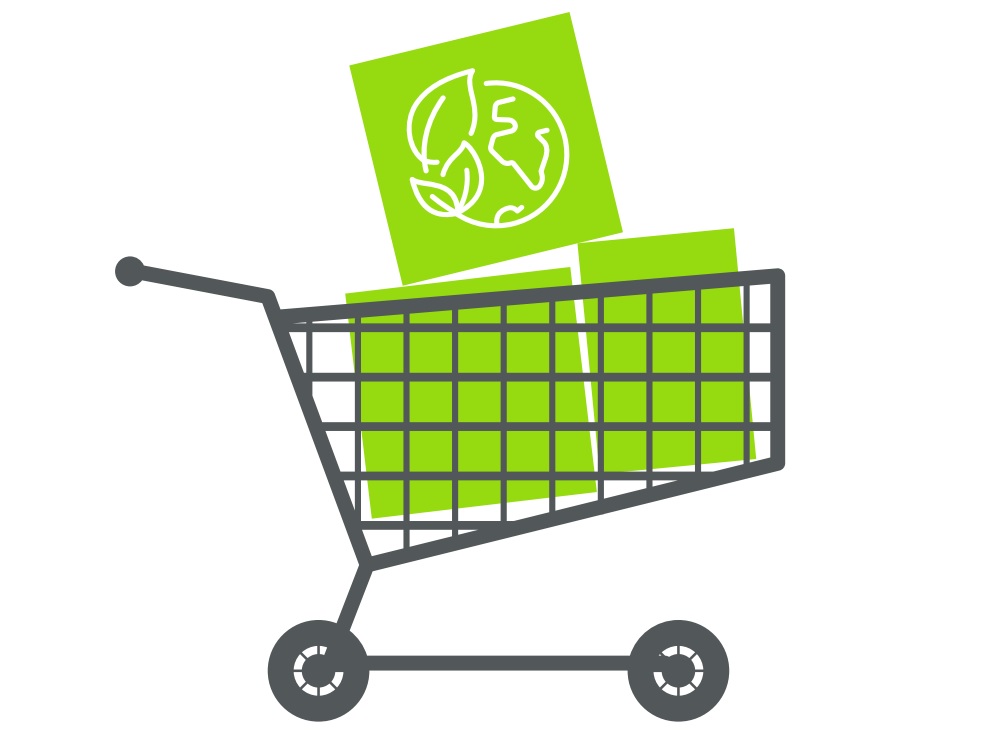The vast majority of Australians (84%) are doing their part to make online shopping more sustainable, with new research from parcel delivery service, CouriersPlease, showing consumers are increasingly going green – from recycling to shirking impulse buys.
CouriersPlease presented respondents with seven popular environmentally friendly practices such as choosing retailers with sustainable practices, with just 16% confessing they take no such actions at all.
Recycling came out as the most popular environmentally friendly choice among respondents, with close to half (47%) saying they recycle their product and parcel packaging. Avoiding impulse buys and re-using and re-wearing items multiple times came out as the equal second most favoured green choice, chosen by one-third (34%).
However, just 29% of respondents return items in the same satchel they arrived in. An even lower 20% say they return unwanted items rather than keeping them unused or disposing of them. One-third (34%) sometimes or always shop at retailers boasting sustainably sourced fabrics and ethical labour practices, with 10% exclusively making that choice.
The CouriersPlease survey shows that the older the shopper, the more likely they are to recycle their packaging: 56% of over-50s do so, compared with just 36% of under-30s, while 43% aged 31-50 make the effort.
However, the younger the shopper the more likely they are to choose ethical or sustainable retailers and return items in the same satchel they arrived in, to save on packaging. Almost half (45%) of Gen Z sometimes or always choose ethical or sustainable retailers, compared with just 25% of over-50s. One third (36%) of Gen Z also returns items in the same satchel, compared with 27% and 25% of 31-50s and over-50s respectively.
CouriersPlease CEO, Richard Thame said the figures showcase the rise of sustainability concerns for all Australians.
“What’s also fascinating is the age demographic breakdowns of sustainable habits. While climate change concerns are often considered more important to younger Australians, our data shows that over-50s still lead the pack in some aspects,” he said.
“This speaks to the power of habit and infrastructure. While 95% of Australian households boast access to waste and recycling kerbside collection services, much of the country adopted curbside collection for recycling in the 80s and 90s which could mean that older Australians may simply have had more time to adapt when it comes to household recycling.”

